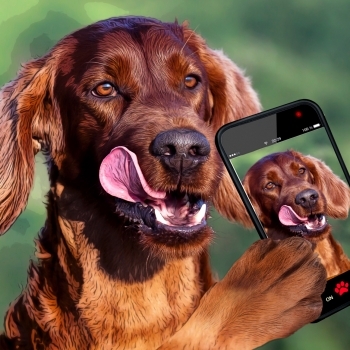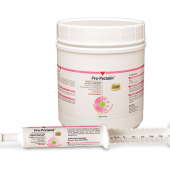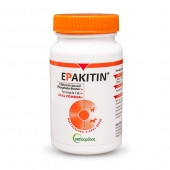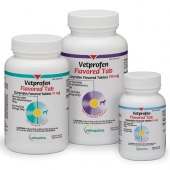With the holidays comes a change in schedules, the entertaining of guests, and perhaps most of all: a change in diet. Not only will there be more food, there will be more kinds of food, in some cases food that your pets won’t encounter at any other time of year.
Naturally, not all foods are created equal, and your pets won’t process some foods as well as humans do. Here’s a handy guide on foods to avoid and foods you can let your pets indulge in alongside you.
HOLIDAY DIET DON’TS:
GARLIC AND ONIONS. Garlic and onions can cause gastric upset in your pet and could even result in anemia. You probably aren’t going to feed your pets these foods directly, but check ingredients (especially sausage!) before you let your dog or cat have something you suspect may contain either.
RAISINS AND GRAPES. Even a small amount of these foods can cause kidney failure or worse. Keep fruit plates, raisin bread, and other holiday staples well out of reach of your pets.
COOKED BONES. Who doesn’t love giving a dog a bone? Just be careful not to give your dog cooked bones, which become fragile and brittle. Fragments of bone can break off and get lodged in your dog’s intestines or throat. Stick to toys for your cats.
CHOCOLATE. It’s no secret that chocolate is bad for dogs, but did you know it’s just as toxic for cats? The holiday season sees a lot more chocolate coming into the house than usual. Chocolate is extremely toxic to dogs and cats alike, so keep any and all chocolate far away.
HOLIDAY DIET DO’S:
WHITE MEAT TURKEY is hearty, healthy, and a delicious treat for your favorite pet. Just cut away the skin and excess fat before you feed them.
BANANAS and APPLES make a flavorful and colorful fruit addition to your pet’s holiday meal.
Likewise, CARROTS round out the vegetable selections you can use to delight your dog or cat.
Finally, PUMPKIN PUREE. Pets love it when you mix this in with their usual meal! Just make sure you serve plain pumpkin and NOT pumpkin pie filling, because in large quantities nutmeg can cause stomach pains and hallucinations.
As always, if you have any questions, talk to your veterinarian about what is and isn’t safe for your pet to eat. And if you see your dog or cat displaying tremors, abdominal discomfort, increased thirst or seizures, see your veterinarian immediately. Just be mindful of who’s eating what, and you AND your pets should have a happy holiday season!




